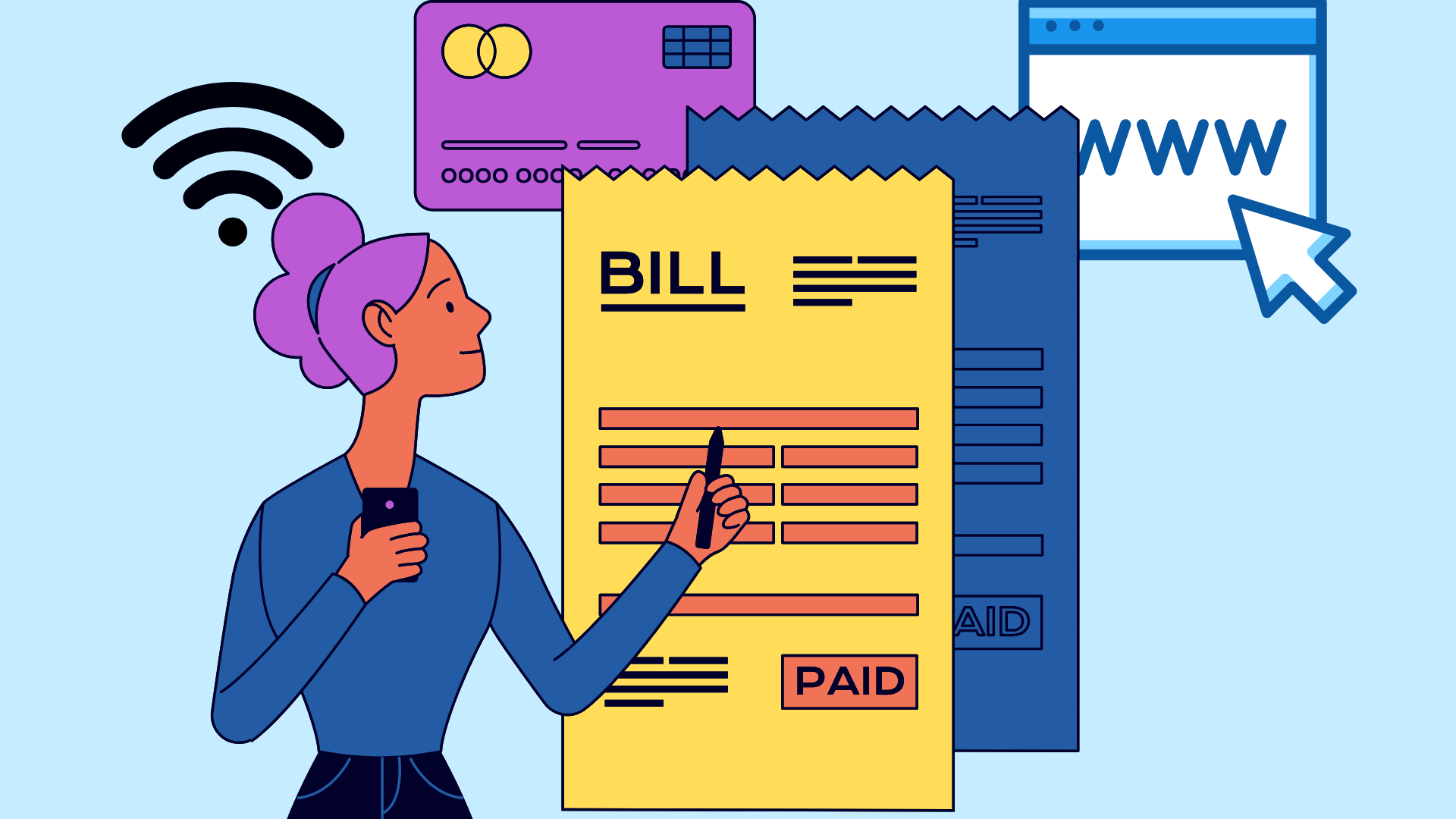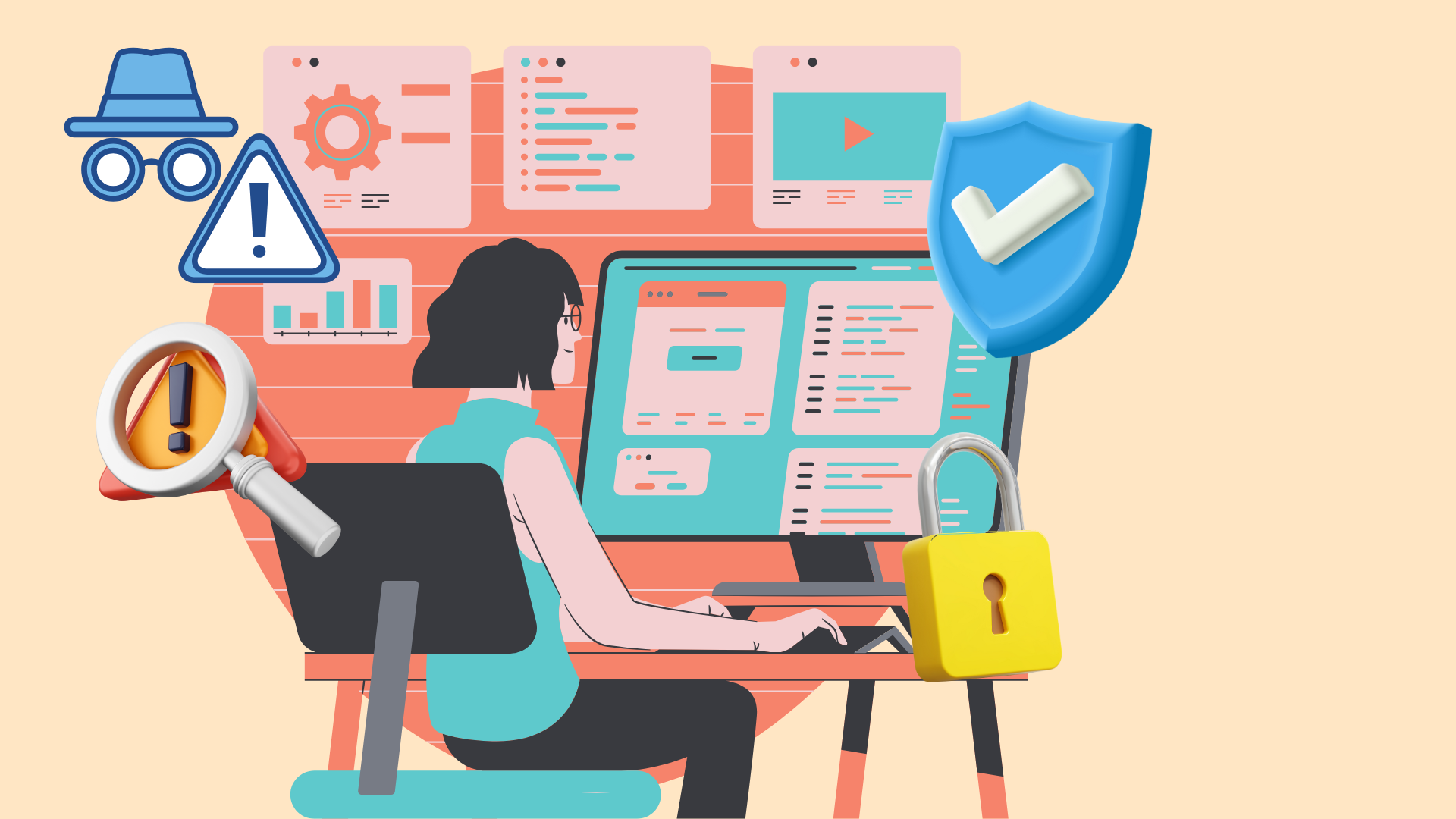In the contemporary digital landscape, privacy policies represent a pivotal aspect for internet users. A pertinent question that has been posited is whether internet service providers (ISPs) are able to access the search history of their users. For instance, can Wi-Fi providers access users’ search histories?
This article will examine the methods by which internet usage is tracked, the potential visibility of search history on Wi-Fi bills, and strategies for safeguarding online privacy.
Does a Wi-Fi Bill show your search history
The majority of Wi-Fi bills do not present a comprehensive list of websites visited or searches made. Typically, Internet service providers (ISPs) include billing details such as data usage, plan type, and payment history. This does not guarantee complete privacy for the user’s browsing activity.
The majority of Wi-Fi bills are not sufficiently detailed to provide a comprehensive account of all sites visited or searches conducted. However, a consumer’s ISP bills may include details such as data consumption, the types of plans used, and payment history. This does not guarantee complete privacy for the user’s online activity.
What information does a Wi-Fi Bill contain
Typically, a Wi-Fi bill focuses on financial and usage details rather than the browsing history of the customer. The following elements are typically included in a Wi-Fi bill:
- Account Holder Details – The bill should ordinarily show the name and address of the account holder, the account number, and contact information.
- Bill Cycle and Charges – This section discloses the billing period for which the account holder is being charged, in addition to the total amount due for all applicable taxes.
- Data Consumption: In certain instances, the total data consumption may be itemised in the bill with regard to upload and download data. However, this section does not specify how the data was used or which websites were visited.
- Miscellaneous and Other Service Charges: Any charges imposed beyond that, for example, additional data usage beyond a specified limit or fees charged for renting equipment, such as routers or modems, or charges for premium services, would be such as shown in that bill.
Despite the fact that the bill itself does not specify the websites, search terms, or browsing history that may be accessed, it is important to note that internet service providers (ISPs) may still have access to this data. Depending on the provider’s policies and local regulations, they might log websites visited, timestamps, and other online activities.
However, it is important to note that this information is typically not included in standard billing statements and may only be accessible through specific requests or legal processes.
In order to mitigate the risk of privacy infringement, it is recommended that individuals utilise tools such as virtual private networks (VPNs), encrypted search engines, and private browsing modes, in order to minimise tracking by ISPs.
How can someone track your search history
Despite the absence of a Wi-Fi bill in terms of search history visibility, it is important to note that certain entities may still be capable of tracking online activity.
Who can see your internet activity
Although a Wi-Fi bill does not display your browsing history, various entities can still track and monitor your online activity. Here’s a breakdown of who can access your internet usage data and how they might use it:
- Internet Service Providers (ISPs) – Your ISP can log details about the websites you visit, even if they do not include this information on your Wi-Fi bill. Some ISPs track browsing activity for network management, while others may collect data for advertising purposes or comply with legal requests. Depending on your country’s laws, ISPs may store this data for a certain period and could be required to share it with government agencies if requested.
- Network Administrators – If you are using a school, workplace, or public Wi-Fi network, the administrator of that network can monitor internet traffic. Employers may track employees’ online activity to ensure compliance with company policies, while schools often use filtering software to block certain websites and monitor student behavior online. Public networks, like cafes or hotels, may also log browsing activity to ensure service is not misused.
- Websites and Advertisers – Many websites can use various tracking technologies, e.g., cookies, browser fingerprinting, and tracking pixels. Most of the time, this information can be used to customize ads, analyze user behavior, and improve marketing strategies. Large technology companies and ad networks may construct very detailed profiles of users based on their past browsing history, searched queries, and social media activities.
- Government agencies – A few national governments grant, or allow agencies to monitor or request access to internet activity for the purpose of national security and surveillance. Certain regions have laws requiring ISPs to retain browsing history for a specified time and provide it upon request.
- Hackers and Cybercriminals – If you’re using an unsecured Wi-Fi network, such as public hotspots, hackers can potentially intercept your internet traffic through techniques like packet sniffing or man-in-the-middle attacks. This allows them to see your online activity, steal your personal information, or use malicious content on any site you visit.
- Use these kinds of measures to protect your privacy and to keep unauthorized trackers from watching you: VPNs, encrypted search engines, private browsing modes, and browser extensions that block trackers and cookies.
How to protect your online privacy
If you’re concerned about privacy, consider these steps:
- Use a VPN – A Virtual Private Network encrypts your internet activity, making it harder to track.
- Browse in Incognito Mode – While this prevents local storage of history, it doesn’t hide activity from ISPs.
- Use Encrypted Search Engines – Search engines like DuckDuckGo don’t track search history.
- Clear Browsing Data – Regularly deleting cookies and history can enhance privacy.
Using a VPN to protect privacy
A VPN helps hide your online activity by creating an encrypted connection between your device and the internet. Not only does this foiling enable you to prevent tracking from your internet service provider, but it also enables an anonymous IP address, allowing you to bypass geographical restrictions.
Such a service is Planet VPN, which provides reliable encryption, provides free access, doesn’t require registration, and connects you to servers in several countries. Planet VPN can help protect your online privacy and leaks of personal data.

